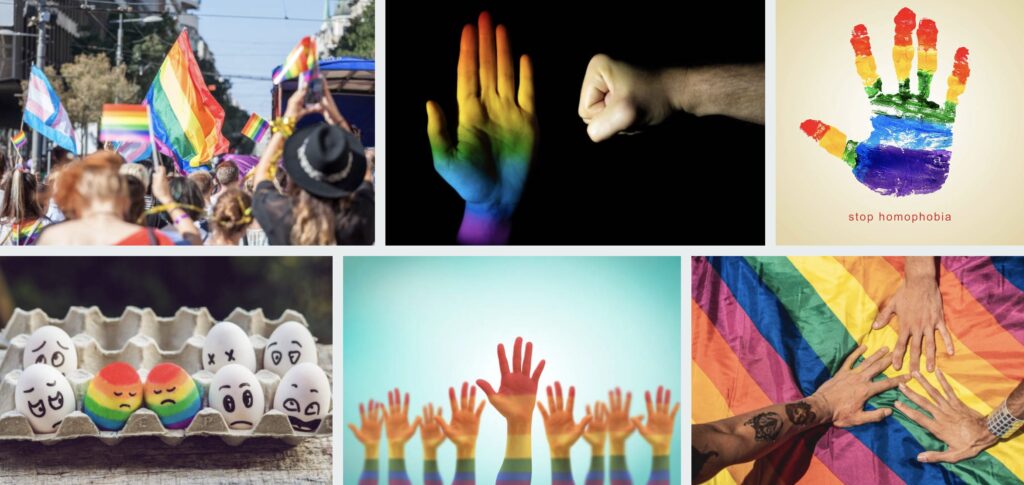GUIDE: Four Reasons Why Homophobia Should Be Addressed

Why homophobia should be addressed
Homophobia, the fear, hatred, or discrimination against individuals who identify as lesbian, gay, bisexual, or transgender (LGBT), is an issue that resonates globally, including in South Africa. Addressing homophobia is not merely a matter of personal belief but has broader implications for human rights, social justice, mental health, and community cohesion. This article will explore four critical reasons why homophobia should be addressed, focusing on the context within South Africa. For further exploration of this vital subject, please visit www.mycourses.co.za.

Four Reasons Why Homophobia Should Be Addressed
Below are the four reasons on why homophobia should be addressed:
Reason 1: Protection of Human Rights
- Constitutional Mandate: South Africa’s Constitution is known for its progressive stance on human rights, including protection against discrimination based on sexual orientation. Addressing homophobia aligns with these constitutional values.
- International Obligations: South Africa is a signatory to various international human rights treaties that call for the protection of the rights of LGBT individuals.
Reason 2: Mental and Physical Well-being
Mental and Physical well-being as the reason why homophobia should be addressed:
- Mental Health Impact: Homophobia can lead to anxiety, depression, and other mental health issues among LGBT individuals, affecting their overall well-being.
- Risk of Violence: In some instances, homophobia has led to physical violence and harassment against LGBT individuals in South Africa, endangering their safety and physical health.
Reason 3: Social Cohesion and Community Building
- Promoting Tolerance: Addressing homophobia helps build a more tolerant and accepting society where diversity is celebrated rather than feared or hated.
- Community Engagement: By combating homophobia, community members can engage more openly and constructively, fostering a sense of belonging and mutual respect.
Reason 4: Economic Considerations
- Workplace Environment: Homophobia in the workplace can lead to discrimination, reduced productivity, and a loss of talent. Creating inclusive environments can have positive economic impacts.
- Tourism: South Africa’s stance on LGBT rights can affect international perceptions and tourism. Being seen as a country that actively combats homophobia can attract more diverse tourists.
Strategies to Address Homophobia
Addressing homophobia is a complex task that requires a multifaceted approach:
- Education and Awareness: Implementing educational programs in schools, workplaces, and communities to foster understanding and acceptance of LGBT individuals.
- Legal Measures: Enforcing laws that protect against discrimination and hate crimes, and promoting legislation that supports LGBT rights.
- Community Initiatives: Encouraging community-led initiatives that promote dialogue, acceptance, and support for LGBT individuals.
Conclusion
The fight against homophobia in South Africa is not merely a social or political issue but a fundamental human rights concern. The reasons why homophobia should be addressed range from constitutional obligations to considerations of mental well-being, social cohesion, and economic impact. In a country known for its rich diversity and commitment to equality, addressing homophobia is a step towards creating a more inclusive, compassionate, and thriving society. For an in-depth understanding of this topic, please visit www.mycourses.co.za.
